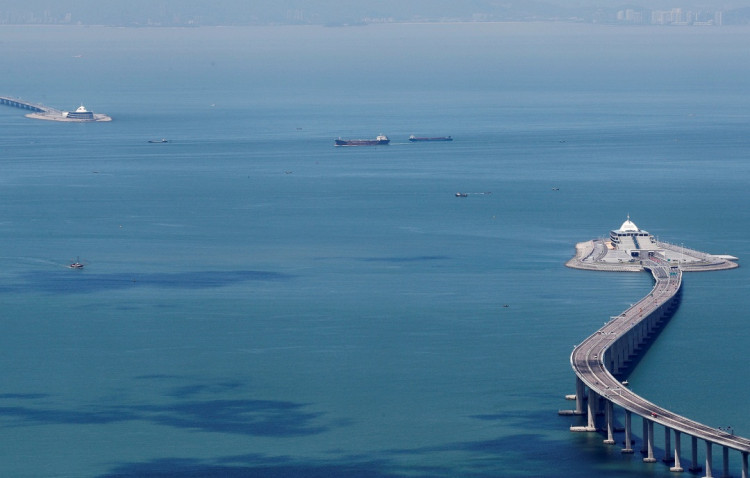Macau has reportedly submitted its official proposal to set up an offshore yuan-denominated exchange in the special administrative region that will be similar to the US' NASDAQ. According to a senior official from the neighboring province of Guangdong, the proposal was submitted to China's central government.
The director of Guangdong's Local Financial Supervision and Administration Bureau, He Xiaojun, mentioned that the establishment of such an exchange would be of great benefit to both Guangdong and Macau.
Guangdong, which in itself is one of China's largest tech hubs, could benefit from tapping more capital, while an exchange would allow Macau to diversify its portfolio.
The official also mentioned in an interview on Sunday that his agency hopes that the Chinese government would approve the proposal by mid-December. This would apparently be a fitting 20th-anniversary gift for the special administrative region to commemorate its return to China.
The Monetary Authority of Macau previously revealed a few months ago that it was conducting a feasibility study for the establishment of a securities exchange.
This was a task that was reportedly given directly by the Chinese government in accordance with its larger development plan for the Greater Bay Area. Macau is currently part of that initiative, which aims to develop an economic hub for the cities Hong Kong, Guangzhou, and other cities in Guangdong.
Macau officials touted that an exchange would greatly serve greater China and region would be the perfect place for it. Having a Yuan-based stock market would also allow Macau to diversify its earnings away from just gaming, its current main source of revenue.
Apart from gaming, China had also tasked Macau to develop its infrastructure to attract more tourists. This was immediately followed by several measures that effectively forced establishments to make their facilities much more "family-friendly."
Macau has slowly been trying to develop its financial sector, but its efforts have been relatively slow when compared to other cities such as Hong Kong. Officials have explained that having an exchange in Macau would be greatly beneficial given that a lot of tech companies in both Macau and Guangdong are currently not publicly listed.
According to officials, there are about 45,000 hi-tech firms in Guangdong and Macau, but only 600 of those companies are listed. Existing exchanges in Shenzhen and Shanghai apparently don't meet some of the companies' requirements and needs.
Despite the enthusiasm for the establishment of exchange in Macau, some analysts have expressed some concerns. Market experts have stated that it might not be practical to establish such a facility given that there are already more mature financial centers available.
Macau would also need to pass through a lot of hoops before it can establish its own exchange as it needs to start from scratch on tasks such as getting listing approvals and the creation of a regulatory system.






